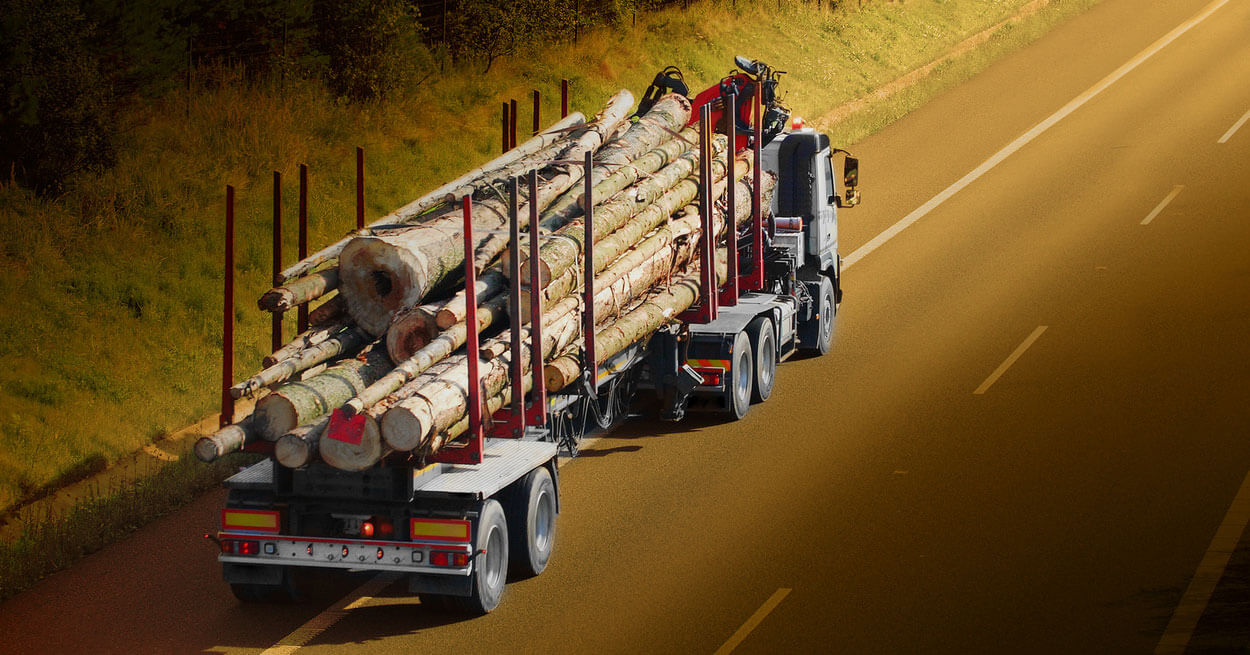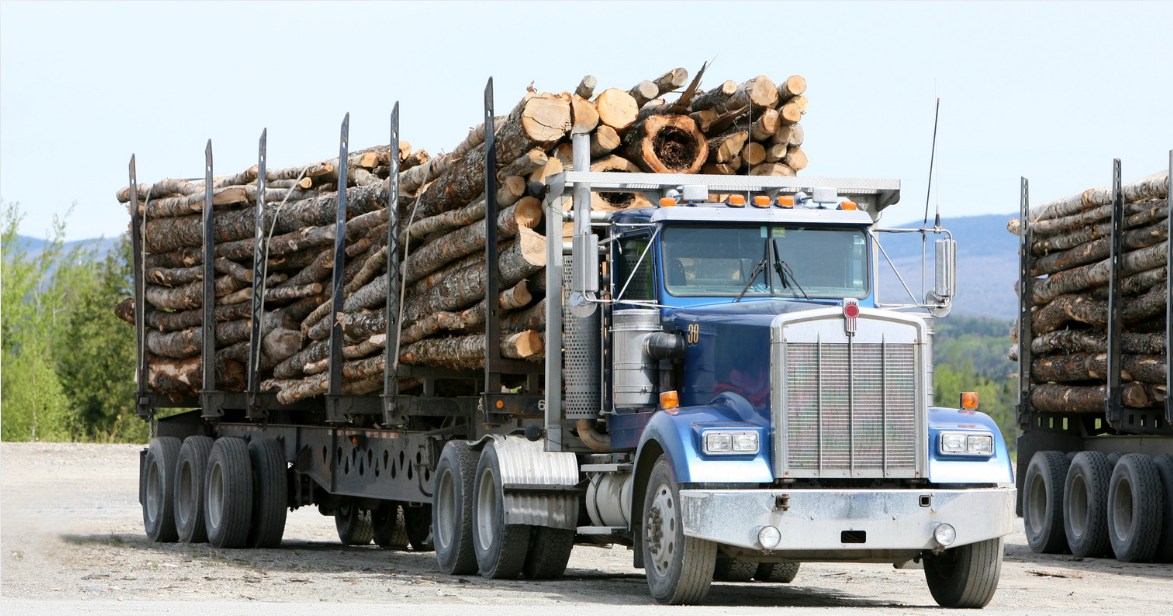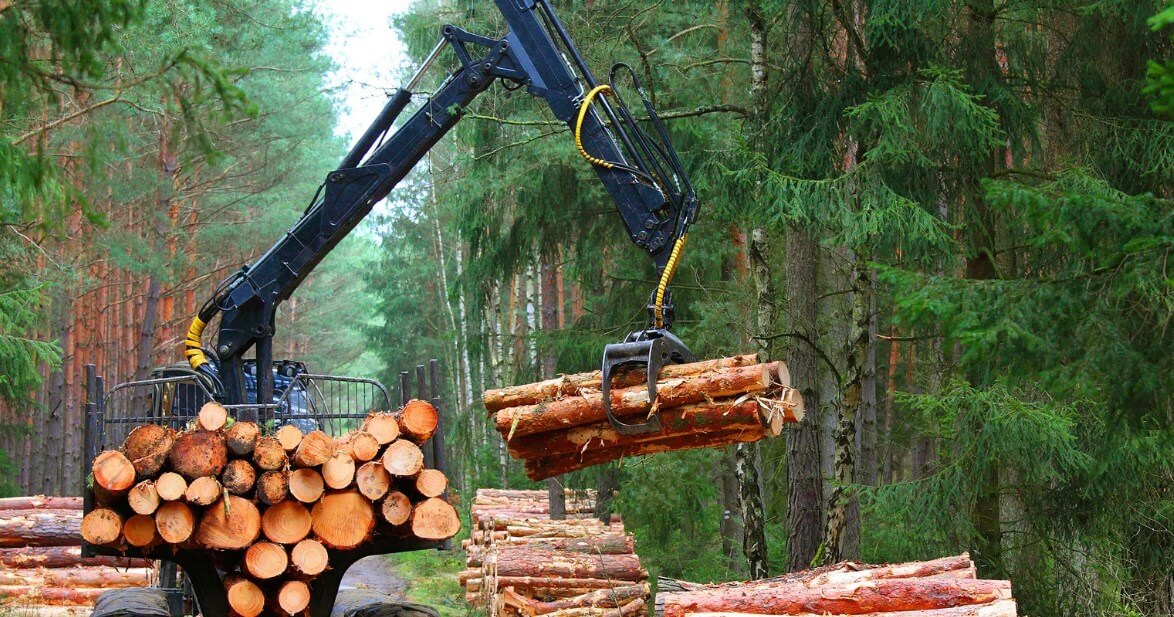The forestry and logging industry in Alberta and Western Canada is a cornerstone of the region’s economy, offering a wide range of career opportunities for those interested in working with natural resources. This sector provides essential materials like timber and is critical in environmental conservation and sustainable land management. With a growing emphasis on sustainability and advanced technology, the industry is evolving rapidly, creating a demand for skilled professionals. The forestry and logging sector offers robust employment prospects and the chance to contribute to the health and prosperity of Canada’s forests.
Overview of the Forestry and Logging Industry
The forestry and logging industry in Western Canada is vital to the region’s economic and environmental landscape. This section will delve into the industry’s history, current state, and economic impact, highlighting how it has evolved and its significance to local communities.
Brief History of the Industry in Western Canada
The forestry and logging industry in Alberta and Western Canada has deep roots, tracing back to the early settlers who recognized the value of the vast forest resources. Initially, logging was a labour-intensive process involving manual labour and simple tools. The industry grew rapidly in the late 19th and early 20th centuries, driven by the demand for timber for construction, railways, and fuel. Over time, advancements in technology and machinery transformed logging practices, making them more efficient and less labour-intensive. The introduction of sustainable forestry practices in the mid-20th century marked a significant shift towards balancing economic needs with environmental conservation.
Current State of the Industry
Today, the forestry and logging industry in Western Canada is characterized by advanced technology and a strong commitment to sustainability. Modern logging operations utilize state-of-the-art equipment such as feller bunchers, skidders, and harvesters, which improve efficiency and reduce environmental impact. Geographic Information Systems (GIS) and remote sensing technologies are used for forest management and planning, ensuring that harvesting is done sustainably and responsibly. Additionally, the industry adheres to stringent environmental regulations and certification standards, such as those set by the Forest Stewardship Council (FSC) and Sustainable Forestry Initiative (SFI), to promote responsible forest management.
Economic Impact and Contributions to Local Communities
The forestry and logging industry is a significant economic driver in Western Canada, contributing billions of dollars to the regional economy. It provides direct employment to thousands of people, from forest management and operational positions to technical and administrative jobs. The industry also supports numerous secondary sectors, including transportation, equipment manufacturing, and wood product processing. Local communities benefit from the economic activity generated by logging operations, which stimulates business growth and infrastructure development. Furthermore, forestry companies often engage in community initiatives, supporting local projects and contributing to the overall well-being of the areas in which they operate.
Career Opportunities in Forestry and Logging
The forestry and logging industry in Western Canada offers a diverse array of career paths for individuals passionate about working with natural resources and contributing to environmental sustainability. This section explores the various roles available within the industry, the significance of skilled labour, and the increasing demand for professionals in this dynamic field.
General Overview of Various Career Paths
The forestry and logging industry encompasses many career opportunities, each playing a crucial role in the sustainable management and utilization of forest resources. Some of the key career paths include:
- Forest Management: Involves planning and overseeing the sustainable use of forest resources, ensuring ecological balance, and meeting economic objectives.
- Environmental Science: Focuses on studying the impacts of logging on ecosystems, developing conservation strategies, and promoting biodiversity.
- Operational Roles: These include positions such as heavy machine operators, who handle equipment for harvesting timber, and Class 1 drivers, who are responsible for transporting logs.
- Technical and Administrative Positions: Encompasses roles in GIS mapping, data analysis, regulatory compliance, and office management, supporting the operational side of the industry.
Importance of Skilled Labour
Skilled labour is the backbone of the forestry and logging industry and is essential for maintaining sustainable and efficient operations. Professionals with specialized knowledge and technical expertise ensure that forest resources are managed responsibly, minimizing environmental impact while maximizing economic benefits. The precision and care applied by skilled workers in tasks such as tree felling, timber transportation, and forest health monitoring are critical to the industry’s success.
The Demand for Professionals in the Field
The demand for skilled professionals in the forestry and logging industry is on the rise, driven by advancements in technology and a heightened focus on sustainability. As the industry evolves, there is an increasing need for individuals with expertise in modern logging techniques, environmental science, and data management. This growing demand presents numerous opportunities for career advancement and specialization, making it an exciting time to join the field.
Role of Heavy Machine Operators
Heavy machine operators play a crucial role in the forestry and logging industry, ensuring that timber harvesting operations are conducted safely, efficiently, and sustainably. This section provides a detailed overview of the responsibilities, required skills, and career opportunities for heavy machine operators in Western Canada.
Responsibilities and Duties of Heavy Machine Operators
Heavy machine operators at San Forestry are responsible for operating various types of heavy equipment, including:
- Operating Equipment: Handling machinery such as excavators, graders, tractors, backhoes, and front-end loaders to perform tasks essential to timber harvesting and site preparation.
- Reading Blueprints and Diagrams: Interpreting blueprints and diagrams to understand and follow instructions provided by supervisors accurately.
- Performing Maintenance: Conducting minor or routine maintenance on equipment to ensure it operates efficiently and safely. This includes checking fluid levels, inspecting equipment for wear and tear, and performing necessary repairs.
Skills and Qualifications Required for the Role
To be a successful heavy machine operator in the forestry and logging industry, individuals must possess specific skills and qualifications, including:
- Experience: Proven experience operating heavy equipment is essential. Familiarity with different types of machinery and their functions is critical.
- Valid Driver’s License: A valid driver’s license is required to operate equipment and transport it to various job sites.
- Technical Skills: Ability to read and interpret blueprints and diagrams to execute tasks as per the given instructions.
- Maintenance Skills: Basic mechanical skills to perform routine maintenance and minor repairs on equipment.
The Importance of Safety and Training in Operating Heavy Machinery
Safety is paramount in the forestry and logging industry, especially for heavy machine operators. Proper training and adherence to safety protocols are crucial to prevent accidents and ensure the well-being of operators and their coworkers. Key safety measures include:
- Regular Training: Ongoing training programs to keep operators updated on the latest safety practices and technological advancements in machinery.
- Safety Protocols: Strict adherence to industry safety standards, including personal protective equipment (PPE), safe operating procedures, and regular equipment inspections.
Career Progression and Opportunities for Advancement
A career as a heavy machine operator in the forestry and logging industry offers numerous opportunities for professional growth and advancement. With experience and additional training, operators can progress to more senior roles such as:
- Supervisory Positions: Overseeing teams of operators and managing daily operations.
- Technical Specialist: Focusing on the maintenance and repair of complex machinery.
- Training Roles: Becoming instructors to train new operators in best practices and safety protocols.
The forestry and logging industry values skilled and experienced heavy machine operators, providing competitive salaries and opportunities for career development. As technology advances and the industry grows, the demand for proficient heavy machine operators is expected to rise, making it a promising career path.
Role of Class 1 Drivers
Class 1 drivers are essential to the forestry and logging industry, ensuring safe and efficient cargo transportation, including logs and timber, from the forest to mills or storage facilities. This section outlines the responsibilities, required skills, and career opportunities for Class 1 drivers in Western Canada.
Responsibilities and Duties of Class 1 Drivers
As a Class 1 Driver at San Forestry, your primary responsibilities include:
- Operating Commercial Vehicles and Tractor-Trailers: Safely driving commercial vehicles and tractor-trailers to transport logs and timber.
- Loading and Unloading Cargo: Ensuring all cargo is correctly loaded and unloaded, following safety protocols to prevent damage and ensure secure transportation.
- Maintaining Accurate Records: Keeping detailed records of trips, including logs of driving hours, cargo details, and delivery times, to comply with regulatory requirements and company policies.
Skills and Qualifications Required for the Role
To be a successful Class 1 driver in the forestry and logging industry, individuals must possess specific skills and qualifications, including:
- Class 1 Driver’s License: A valid Class 1 driver’s license is mandatory, allowing the holder to operate heavy trucks and trailers.
- Clean Driving Record: A clean driving record demonstrates a commitment to safe driving practices and is often required by employers.
- Knowledge of Transport Regulations: Familiarity with local and national regulations is crucial to ensure compliance and avoid penalties. This includes understanding weight limits, route restrictions, and safety standards.
The Importance of Safety and Adherence to Transport Regulations
Safety is paramount in the role of a Class 1 driver. Adhering to transport regulations ensures the driver’s safety and protects other road users and the cargo. Key safety practices include:
- Regular Training: Participating in ongoing training programs to stay updated on the latest safety practices and regulatory changes.
- Use of Personal Protective Equipment (PPE): Wearing appropriate PPE, such as safety boots, gloves, and high-visibility clothing, to reduce the risk of injury.
- Vehicle Inspections: Conduct thorough pre-trip and post-trip inspections to identify and address potential issues.
Career Progression and Opportunities for Advancement
A career as a Class 1 driver in the forestry and logging industry offers various opportunities for professional growth and advancement. With experience and additional training, drivers can progress to more senior roles, such as:
- Fleet Supervisor: Overseeing a team of drivers, coordinating schedules, and ensuring compliance with safety and regulatory standards.
- Logistics Coordinator: Manage the logistics of timber transportation, optimize routes, and ensure efficient delivery operations.
- Training Instructor: Providing training and mentorship to new drivers, sharing best practices and safety guidelines.
The forestry and logging industry values skilled and reliable Class 1 drivers, offering competitive salaries and benefits. As the industry continues to grow and evolve, the demand for proficient drivers is expected to increase, making it a promising career path.
Benefits of Working in the Forestry and Logging Industry
Working in the forestry and logging industry in Western Canada offers numerous benefits, making it an attractive career choice for those interested in sustainability and environmental conservation.
Salaries and Benefits for Heavy Machine Operators and Class 1 Drivers
- Competitive Compensation: Both roles receive competitive wages that reflect their skills and experience.
- Job Security: High demand for skilled labour ensures job stability.
The Rewarding Nature of Contributing to Sustainable Forestry Practices
- Sustainable Resource Management: Ensuring the long-term health of forest ecosystems.
- Environmental Conservation: Preserving biodiversity, soil health, and water quality.
- Climate Change Mitigation: Contributing to carbon sequestration and reducing greenhouse gas emissions.
Conclusion
The forestry and logging industry in Western Canada is a key part of the region’s economy and environment, offering diverse career opportunities. This sector provides essential materials like timber and supports sustainable land management and environmental conservation. With advanced technology and a focus on sustainability, the industry rapidly evolves and demands skilled professionals.
Career paths in this industry range from forest management and environmental science to roles like heavy machine operators and Class 1 drivers. Skilled labour is crucial for efficient and sustainable operations, and the demand for professionals continues to grow. With competitive salaries, benefits, and opportunities for career advancement, the forestry and logging industry offers a rewarding career path.
If you want a stable and fulfilling career contributing to environmental sustainability, consider exploring opportunities in the forestry and logging industry. Skilled professionals are essential to the industry’s growth and success.
At San Forestry, we offer competitive salaries, benefits packages, and opportunities for growth and development within the organization. We take pride in providing our employees with a safe work environment where they can thrive professionally while having fun simultaneously! If you think you have what it takes to join our Class 1 Drivers and Heavy Equipment Operators team, don’t wait – apply today! Visit our careers page for more information on job openings, and start your journey with San Forestry.




